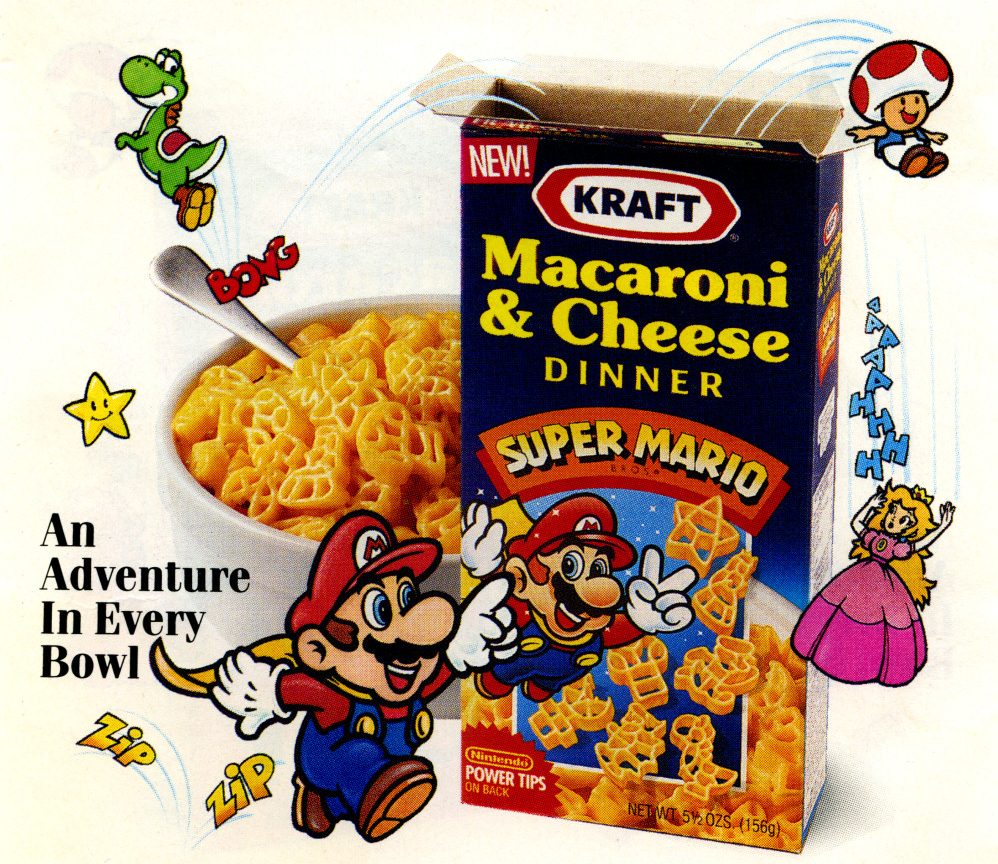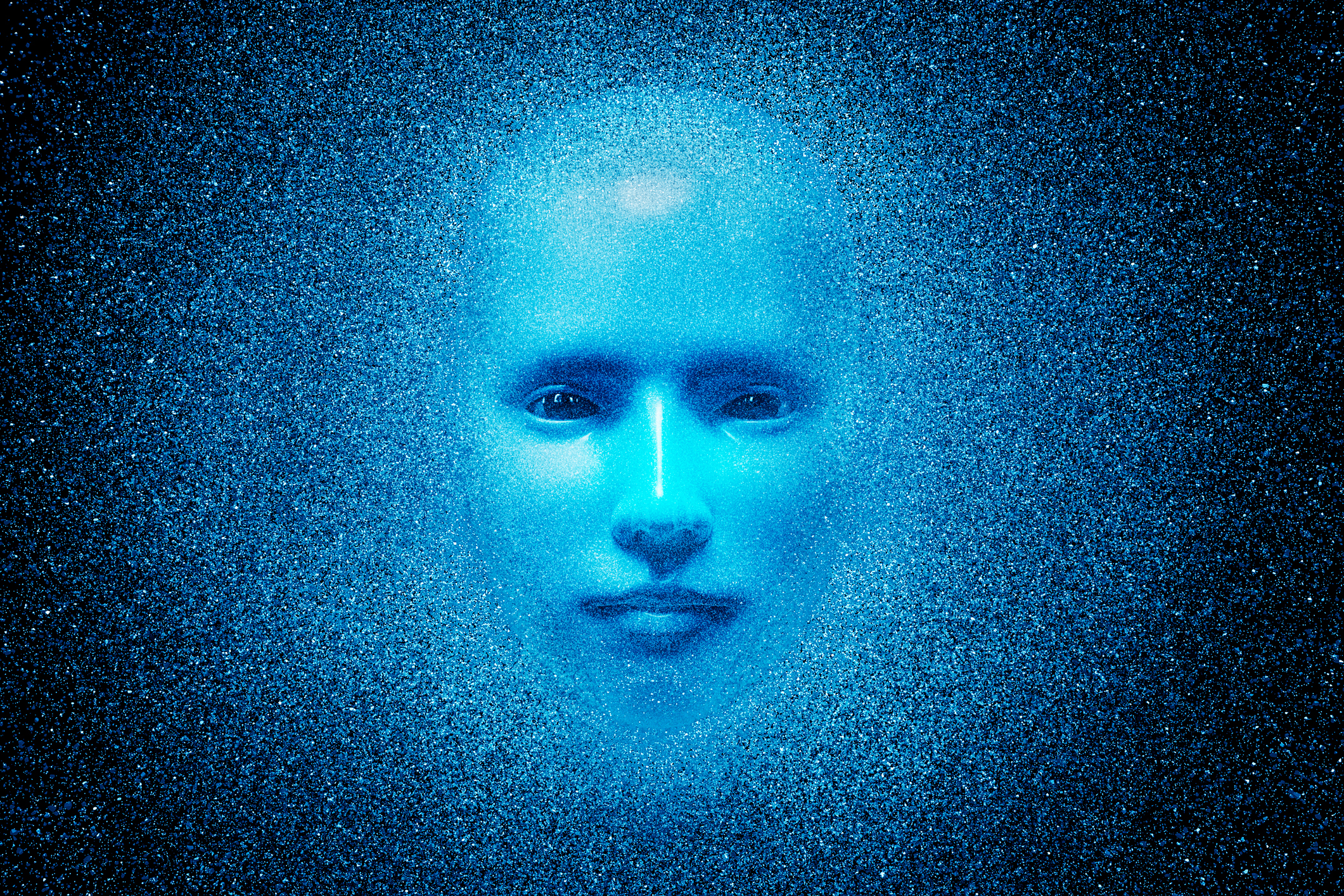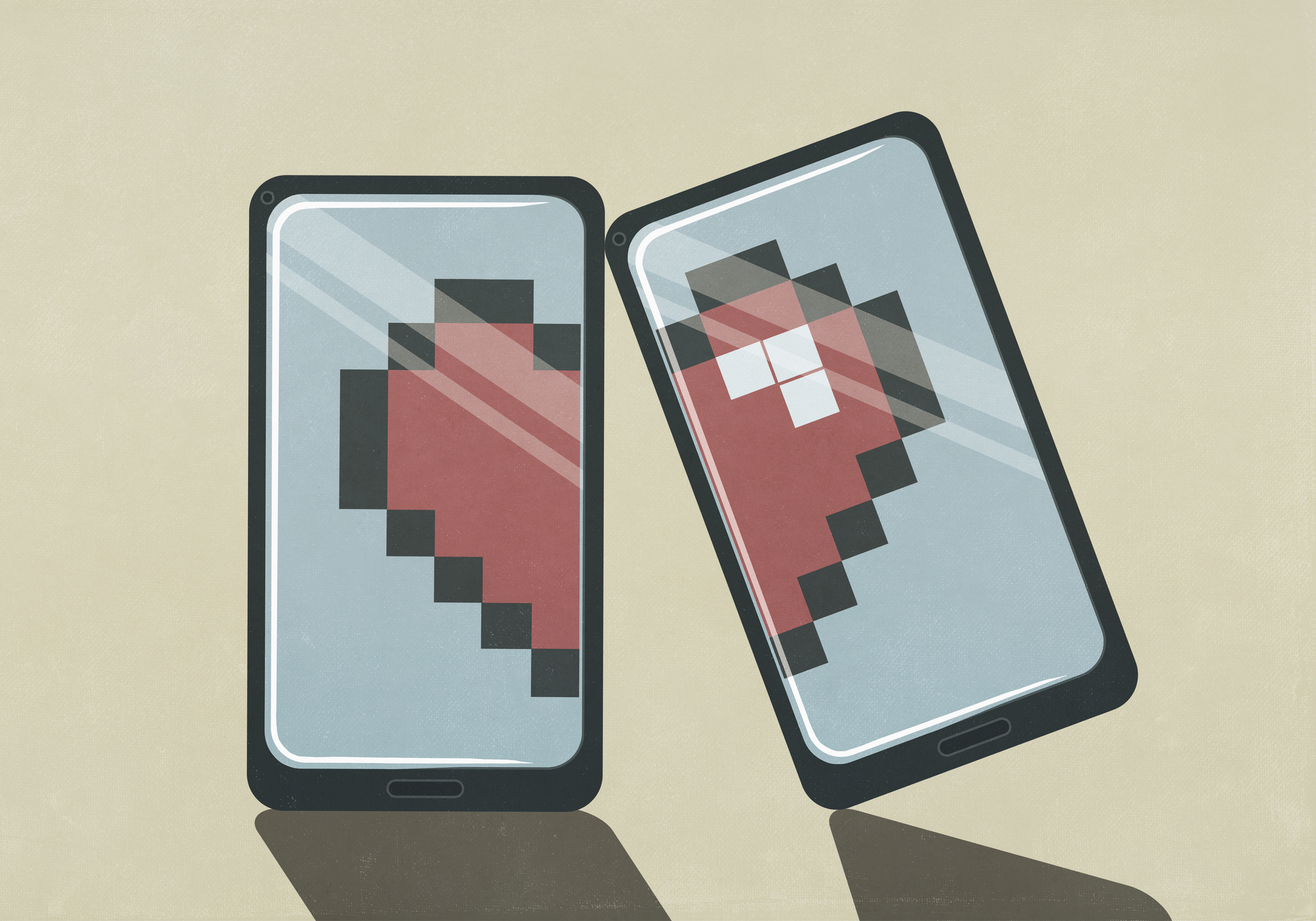The Left’s war on nature is integral to its larger project.
Why Super Mario Mac & Cheese Matters

Last night for the first time in ages I thought about Super Mario Mac & Cheese shapes. Remember those? The Kraft kind. Super Mario Mac came in the usual cardboard box, only instead of the standard curved noodles it had starchy little effigies of Princess Peach, Yoshi, Toad, and the bouncy plumber himself. These you slathered with the requisite “cheese,” prepared from a bag of dehydrated powder plus four tablespoons melted butter and a quarter cup of milk.
They tasted better, is the thing. So help me, Super Mario tasted better than any other form of Kraft pasta. It wasn’t just that the pockets in the shapes could hold more cheese, because Nintendo Mac also tasted better than the other kinds of shapes you could get—Disney characters, say, or dinosaurs. Inexplicably, Super Mario cheese was richer, sharper, more flavorful.
This is what I remembered last night, what I could practically taste as I thought of it, what I tried with Proustian longing to describe as I frantically googled pictures of pasta on my phone to the bemusement of my partner. The subjectivity of the thing struck me. Apparently in the attic of my mind, if you rummage past the Greek verb conjugations and email account passwords, you will find, hanging around like a stuffed animal from childhood, the memory of what Super Mario Mac & Cheese tastes like to me.
It is undeniably the memory of an experience—not a memory of the mere fact that such Mac once existed. Stubbornly, defying all logic, my memory insists with the ferocity of a toddler that this kind of Mac is the best kind.
Upon reflection it occurred to me that this is important. It is important because as a society our focus is fixed almost exclusively upon the ever-growing capacity of machines to do our remembering for us. Etched into the coding of a thousand thousand servers, there hovers all around us a database of such scope and detail that the librarians at Alexandria would have blushed to think of it. Not only every book but every tweet ever written is steadily being digitized and so immortalized; every face and every movement, every word uttered, lives on. This inspires equal parts awe and paranoia, but most of all it obsesses us: we are constantly talking about it, reflecting upon it, wondering what the consequences will be of this new capacity for limitless retention.
What escapes us, often, is how different this kind of machine memory is from the human kind, the Super Mario Mac & Cheese kind. Already when the technology of writing was catching on in ancient Athens over the spoken word, Plato worried in the Phaedrus that human beings would outsource the work of memory to papyrus with disastrous effects. Because words remembered by tools and not by people, said Socrates in Plato’s dialogue, are like mute statues: they cannot move or breathe or answer questions. They do not live.
So too the data and information stored in our cavernous new online archives. Vast though it is, the Cloud has no way of, or interest in, performing the kind of selection and curation that my subconscious performed with the memory of Mac & Cheese. Machines are indiscriminate and factual; they remember that x was done by y at time z. Our human memories do something else: they select and magnify, distort and amplify, according to what an experience is like for us.
C.S. Lewis, in his novel Out of the Silent Planet, has one of his characters say this about the experience of meeting a dear friend for the first time:
When you and I met, the meeting was over very shortly, it was nothing. Now it is growing something as we remember it, what it will be when I remember it as I lie down to die, what it makes in me all my days till then—that is the real meeting. The other is only the beginning of it.
There is a kind of remembering that only we can do, the Mac-&-Cheese remembering which expresses to us some reality of our experience beyond the pure facticity of it. When you meet the love of your life for the first time, perhaps the fact of the experience will be unremarkable. It will be Wednesday, maybe. Maybe you will wear blue socks. None of that will matter. What will matter is when you look back on that day after ten years of marriage, and the memory glows with a kind of warm significance which records the reality of it: that it changed your world.
We know that this kind of reality is real: it is, in fact, the only kind that counts. It is the reality where love lives, and beauty, and desire. Millennials are famous for nostalgia—for making Buzzfeed lists and Facebook posts about that funny kind of pen they liked in middle school, or the way they used to feed their Neopets. I wonder whether this is why: because by remembering the little things that are precious to us we are clinging to the human type of memory. The type that elevates things which are of no significance to machines and infinite significance to us—pokey, subjective, storytelling beings that we are.
The American Mind presents a range of perspectives. Views are writers’ own and do not necessarily represent those of The Claremont Institute.
The American Mind is a publication of the Claremont Institute, a non-profit 501(c)(3) organization, dedicated to restoring the principles of the American Founding to their rightful, preeminent authority in our national life. Interested in supporting our work? Gifts to the Claremont Institute are tax-deductible.
We must recover the spirit of freedom.
Artificial intelligence is a new pagan god.
Social media and mass information technology offer their masters a double-edged sword.
Marc Andreessen’s boosterism is naïve and unproductive.
Dating apps have wrecked dating.






